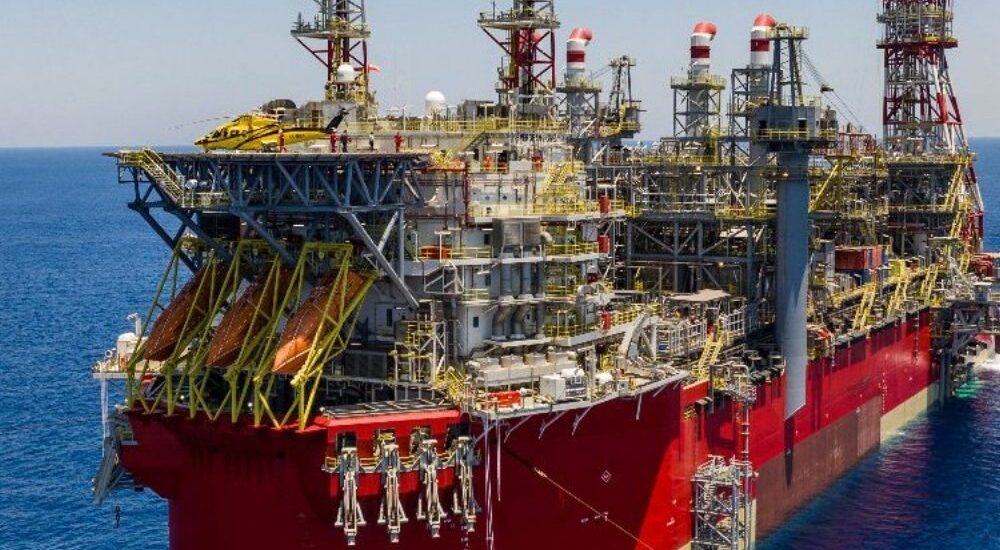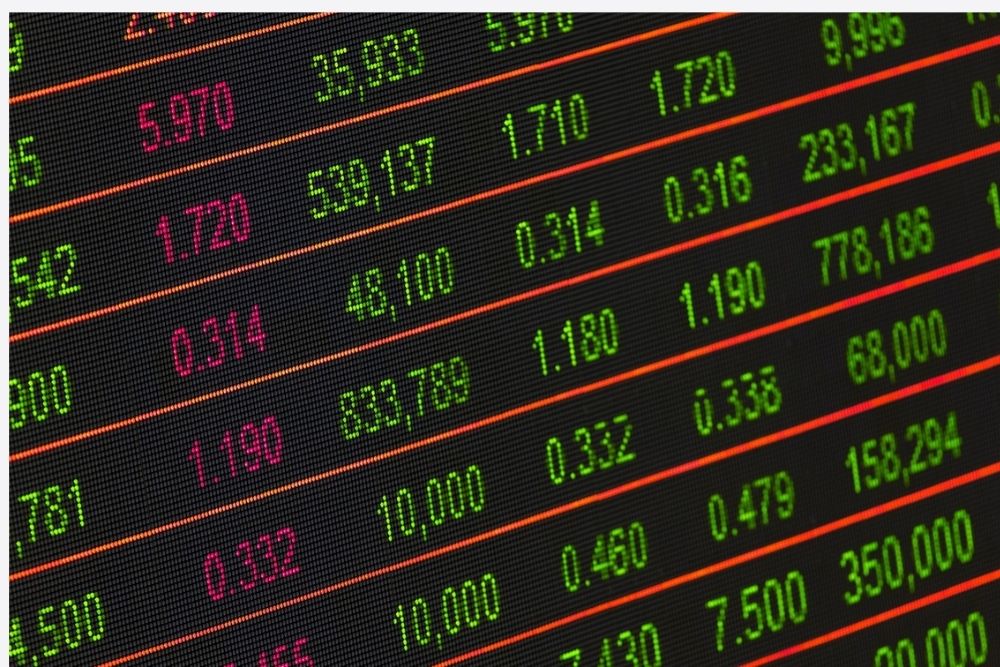London-based fossil fuel producer Energean aims to double size in the coming years
- September 11, 2023
- Posted by: Quatro Strategies
- Categories: Europe, Middle East, Oil & Gas

Energean, a Mediterranean-focused oil and gas producer, is aiming to double its size in the coming years, primarily through the expansion of its production in Israel, according to CEO Mathios Rigas. The company reported a 41.2% decline in first-half profit, largely due to a higher tax bill. As a result, it has trimmed its full-year production forecast to 120,000-130,000 barrels of oil equivalent per day (boed), down from the previous estimate of 125,000 to 140,000 boed.
The slower-than-expected start-up of the company’s Karish gas field off the coast of Israel contributed to the downward revision in production estimates. The Karish field accounts for about 75% of Energean’s total production.
Energean commenced production at the Karish field in October 2022 and is on track to increase output to 200,000 boed by the end of 2024, the company stated. Rigas expressed the company’s intention to double production primarily through the development of new prospects in Israel, including the Katlan field. Additionally, potential acquisitions will be considered, with a primary focus on the Mediterranean region.
Although Energean is predominantly involved in gas production, it also produces approximately 30,000 barrels per day of oil from its floating processing plant in Israel. Rigas mentioned plans to explore opportunities to increase oil output, with an intention to drill wells and potentially exploit untapped hydrocarbon resources.
The company attributed the 41.2% decline in first-half profit to a $65.3 million tax expense resulting from higher taxable profit and changes in deferred tax, with the profit after tax for the first six months of 2023 totaling $69.8 million compared to $118.7 million during the same period in the previous year.
Interested in learning more?
Sign up for Top Insights Today

Top Insights Today delivers the latest insights straight to your inbox.
You will get daily industry insights on
Oil & Gas, Rare Earths & Commodities, Mining & Metals, EVs & Battery Technology, ESG & Renewable Energy, AI & Semiconductors, Aerospace & Defense, Sanctions & Regulation, Business & Politics.



